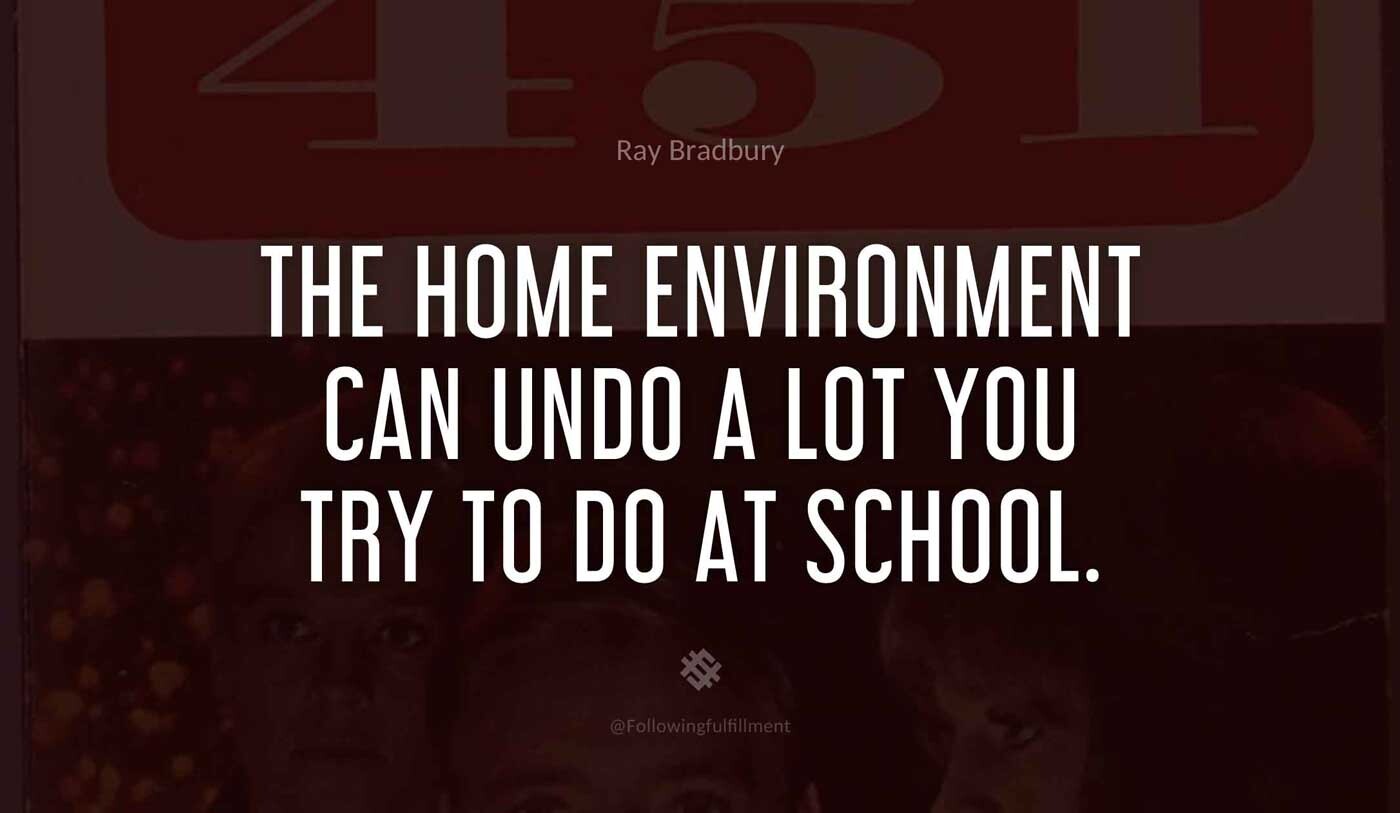
WHAT IS THE KOHLBERG’S STAGES OF MORAL DEVELOPMENT THEORY?
Lawrence Kohlberg‘s stages of moral development are a moral development theory based on Jean Piaget‘s moral judgment theory for children. It was developed by Lawrence Kohlberg in 1958.
His theory focuses on the thinking process that happens when one decides whether a certain behavior is right or wrong. It can explain how and why we take certain decisions at different ages and sometimes tell the summary of our life.
THE 6 STAGES (3 LEVELS) OF KOHLBERG’S THEORY
Kohlberg’s theory consisted of six stages arranged in a sequence of complexity. He organized 6 stages into three levels of moral development, preconventional, conventional and postconventional.
LEVEL 1: PRECONVENTIONAL
At this level morality is controlled externally. Some rules imposed by authorities are adapted to receive awards or avoid punishments. This perspective consists of the idea that what is right is what one is personally satisfied with. This level has two stages:
STAGE 1: PUNISHMENT AND OBEDIENCE ORIENTATION:
This stage focus on the child’s desire to obey rules and evade being punished. Such action is professed as morally wrong because the committer is punished. The more the punish is for the act, the more the act will be considered to be wrong. In a classroom, giving a punishment or a reward to a student is a real life example of the stage 1, level 1 of the Kohlberg’s stages of moral development.
STAGE 2: INSTRUMENTAL PURPOSE ORIENTATION
Stage 2 is focused on an individual’s believes where whatever he believes to be best in their interest is considered as the right behavior. This stage does not focus on other interests, only when it further the individual’s own interest.
LEVEL 2: CONVENTIONAL
At this level, obedience to social rules is significant to the individual. Here the emphasis moves from self-interests to relationships with other people in society. Parents, nobles, and government ensure the rules are applied and followed in order to win their endorsement or to maintain social order.
This level contains 2 stages:
STAGE 3: GOOD BOY, NICE GIRL ORIENTATION:
In this stage, kids act in a way to avoid disapproval from others. The individual wants to win the approval and affection of others by being a “good person.”
STAGE 4: LAW AND ORDER ORIENTATION:
In this stage, children blindly accept conventions and rules because of their social importance in maintaining a functioning society. Such rules are considered as being the same for everyone and respecting rules by doing right is seen as important and valuable. Moral reasoning in this stage is outside the need for a person’s approval demonstrated in stage 3. It is an obligation and a duty to obey laws and rules. Most of the active members of society remain in this stage, where morality is mainly dictated by an outside force.
LEVEL 3: POSTCONVENTIONAL
At this level, an individual moves without the perspective of his or her own society. At level three, morality is defined mainly in terms of values and abstract principles that apply to all societies and situations. A person tries to take the perspective of all people. This level is marked by the rising realization that all people are separate entities from society. A person can disobey rules that are not matching their own principles.
STAGE 5: SOCIAL CONTRACT ORIENTATION
At stage 5, the world is seen as holding different rights, opinions, and values. These perspectives should be equally respected as sole to each person or community. Laws are considered as social contracts rather than firm edicts. Laws that don’t promote the common welfare should be changed when important to reach the greatest good for a greater number of people.
STAGE 6: UNIVERSAL ETHICAL PRINCIPLE ORIENTATION
Lawrence says that this is the highest stage. At this stage, moral reasoning depends on abstract reasoning by using global ethical principles. Commonly, the selected principles are abstract instead of being concrete and consider ideas like dignity, equality, or respect. People select the ethical principles they like to follow, and if they disrupt those principles, they feel embarrassed.